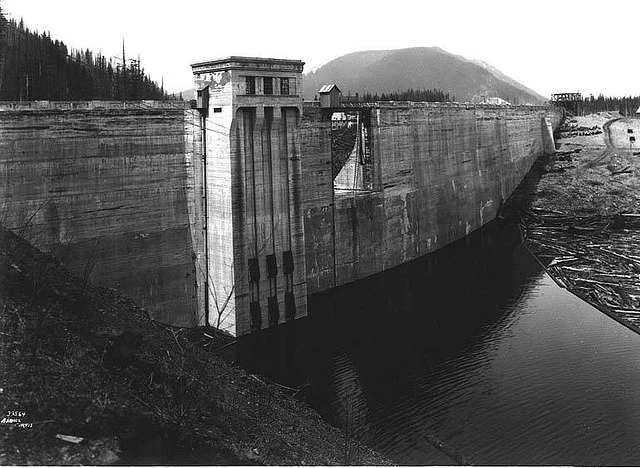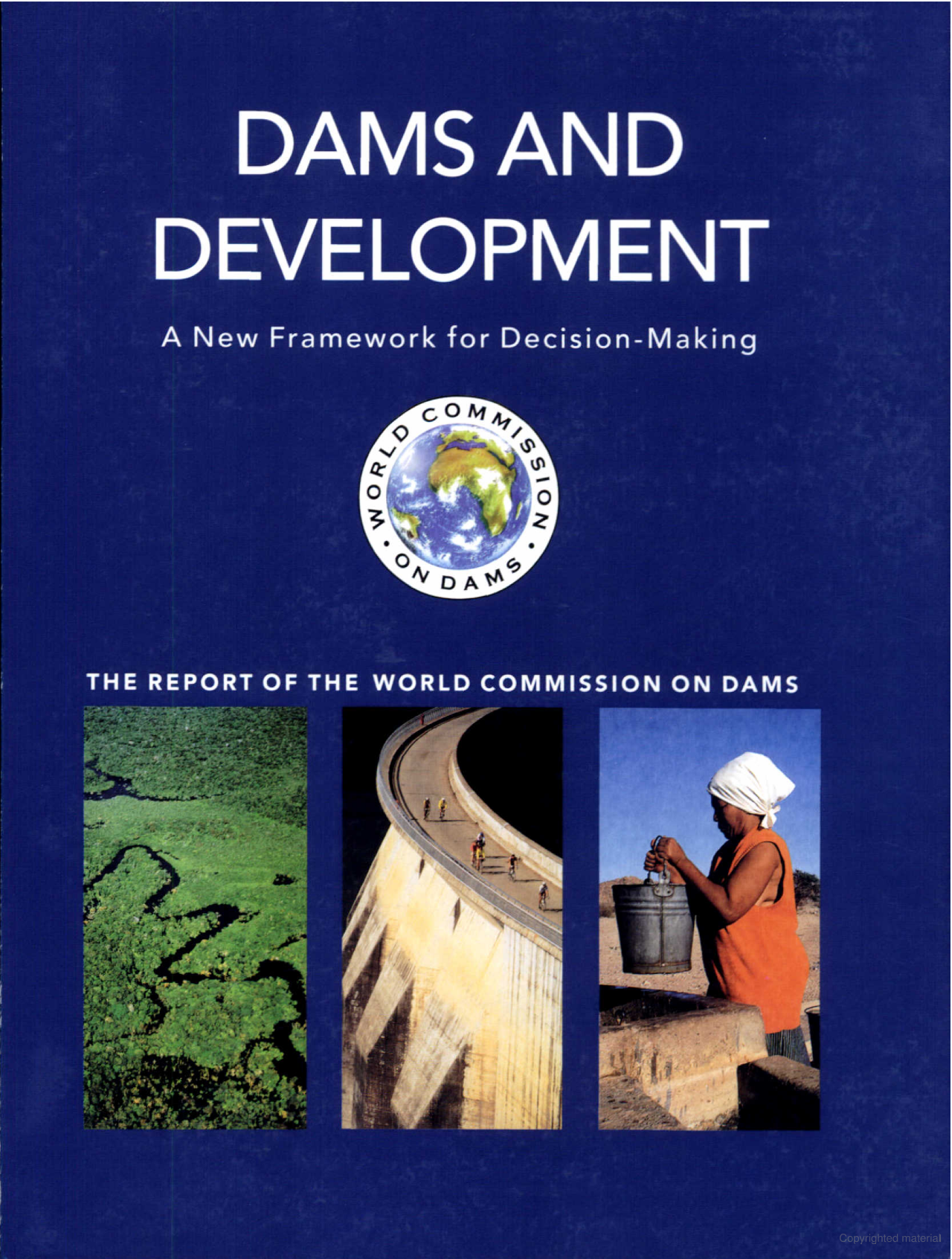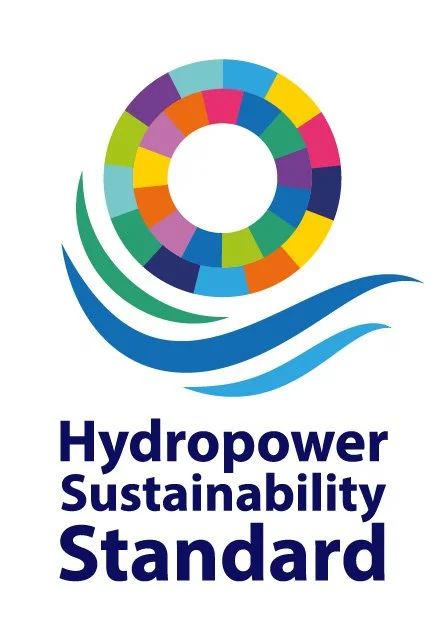Our Mission
We drive positive change in the hydropower sector by building knowledge, promoting accountability, empowering people and embedding sustainable practices.
Our Vision
Our vision is to enable a world where all hydropower projects foster healthy ecosystems, prosperous communities, resilient infrastructure, and good governance.
Our priority areas
Advancing sustainability in the
hydropower sector
Building a knowledge hub for
sustainability in hydropower
Contributing to a regenerative and
nature positive future
Our Story
Sustainability is a journey of continuous improvement to good, better and best practice; for hydropower, this Theory of Change is the roadmap. It outlines the plan to work towards and ultimately seek to achieve the vision of a sustainable hydropower sector. It defines desired impacts and then maps out the pathways needed to achieve these impacts. The Theory of Change also provides a guiding framework to monitor and evaluate the effectiveness of the Hydropower Sustainability Standard. It allows understanding of the causal relationships between activities, outputs, outcomes and impacts.
Theory of Change
Monitoring & evaluation
As a recipient of the IAIA Global Award, which recognises exceptional contributions to enhancing assessment practices, our certification scheme aims to drive long-term changes (impacts) in key areas of sustainability. By measuring against these impacts, we can track progress and show how the HS Certification scheme is working toward its vision: a world where sustainable hydropower is the norm.
healthy ecosystems
Projects protect forests, rivers and other critical habitats from degradation
Projects support biodiversity conservation and preservation
Projects maintain local ecosystem services and values
Projects manage impacts to ecosystems, such as erosion and sedimentation, responsibly
Resilient infrastructure
Projects demonstrate their ability to respond to the effects of climate change
Projects take into account regional water needs and availability
Projects contribute to wider adaptation strategies and flexible grid operations
Projects protect communities and the environment from the consequences of dam failure and other infrastructure safety risks
Prosperous communities
Projects engage in good faith with affected communities
Projects respect the dignity and human rights of affected communities
Projects improve the livelihoods and living standards of affected communities
Projects share their benefits with affected communities
Good governance
Projects are governed by sound corporate business structures
Projects implement ethical and transparent policies and practices
Projects treat their workers fairly and respectfully
Projects contribute to wider development strategies and national planning
The HS Monitoring and Evaluation System allows the HS Secretariat to assess the impact of the HS Certification scheme over time. It seeks to measure short and medium term changes in order to understand how these can contribute to long-term impacts, and ultimately identify ways how the HS Certification scheme can be improved to achieve its vision.
The Monitoring and Evaluation System uses the HS Theory of Change as its guiding framework to monitor and evaluate short- and long-term outcomes and impacts of the HS Certification Scheme. The Monitoring and Evaluation System will also assess the take up and use of the HS Standard and the effectiveness of the Assurance System (e.g. use of the appeals mechanism, feedback from Assurance System Monitoring and evaluation 52 public comment period, etc.). It will include monitoring of the effectiveness of the HS Secretariat, including periodic audits and

















